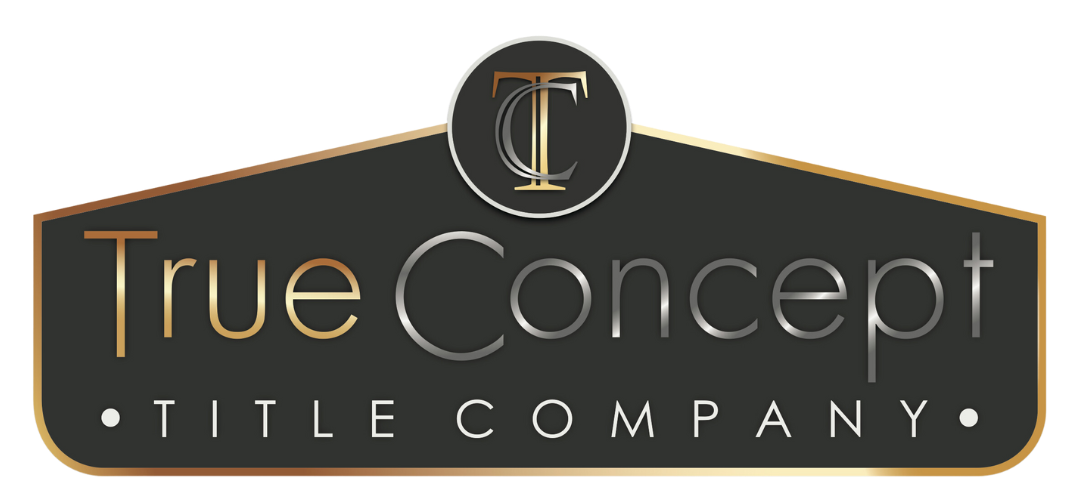Eminent Domain Tips and Title Insurance Protection
Tips for Dealing with Eminent Domain and Title Insurance
Property ownership signifies permanence, a financial investment, and autonomy. However, what about a public entity like the government making a claim on your property for a utility project, road program, or redevelopment? This is when eminent domain, the right to take private property for public use, is exercised, so long as the owner is “justly” compensated.
Eminent domain is an imposed right, but the process can leave property owners agitated and significant, and, ultimately, at the mercy of any given circumstance. Thus, being educated about eminent domain and the role of title insurance provides an understanding to ensure one’s legal and financial footing is in order.
This guide outlines actionable steps that owners can take to protect themselves if any property is a part of the eminent domain process and how title insurance can play a role in ensuring the protections and rights of ownership are still in place.
Understanding Eminent Domain
Eminent domain is what allows the government to seize private property for a public purpose. The most common examples are for the purpose of building schools, expanding highways, or creating public services. Eminent domain is supposed to come with "just compensation," but what exactly "just" can be very murky.
Property owners may face issues such as partial takings when just a portion of the property is taken for a public use, or access restrictions when a public use in the area reduces the property's value, even without taking the land. In these situations, it is possible that property owners would be entitled to more compensation to consider the burden caused or the impact on the remaining property.
If you're interested in a better understanding of how it works and the rights you have, you can read this explanation of eminent domain, which discusses evaluation of public use and compensation standards.
Reviewing Your Property Title Before Negotiation
Before any eminent domain proceedings commence, property owners should examine the title report. The title report identifies any liens, easements, or restrictions already affecting the property in question. Existing easements, such as access easements in favor of a utility company or neighbor, affect how compensation is calculated or what part of the property is taken.
Having a clear title enhances your bargaining position against the government (or public agency). On the other hand, if your title has open issues, such as a hidden easement or conflicting claims on ownership, such issues may negatively influence the value of the property or the timing of the government giving you compensation for your property. Having title insurance will support you and provide some protection against these threats before you negotiate.
The Role of Title Insurance in Protecting Property Owners
Once eminent domain is involved, title insurance is no longer just a formality; it becomes a form of protection against unexpected claims or title defects that may affect your compensation or ownership rights. Title insurance can confirm ownership, whether another party has a legitimate claim to the real estate or not, and can protect against problems that can arise during eminent domain litigation, such as fraud, errors in recordation, and claims from subsequently discovered heirs. If a title defect comes to light while your property is being negotiated or as you are under condemnation review, the title insurer will provide legal defense to either protect your ownership or to recover damages from the condemnation process, as well as financial coverage for eligible claims.
Even when the government only takes a part of your property, title insurance can assist in confirming that the remaining property is free from boundary disputes or encroachments, as your property goes through condemnation, as these can complicate future sales or financing opportunities for the remaining land.
Steps to Take if You’re Facing Eminent Domain
If you have been informed that your property could be subject to eminent domain, do not enter into any agreements immediately. Here are some steps for you to take to limit your exposure to what has become a typical process. Getting good advice will help you.
- Review your notices: Official notices will describe the public purpose of eminent domain, property information, and the compensation proposed. Verify the documents conform to your property information.
- Contact a real estate attorney: Eminent domains can have complicated questions of value or legal arguments. Consult a qualified attorney familiar with property rights to assist you with determining whether you are being offered a truly fair value for your property after valuation and damages.
- Ask for an independent value of your property: A property owner has a right to a value done independently of the government's offer. If the offer seems low, your attorney will procure a second opinion of value for negotiation or litigation.
- Look over your title: Review your title policy or recorded documents before you sign. You want to find any issues or deed restrictions like easements or encroachments that might affect compensation or other property rights.
- Keep records: Keep copies of letters, independent appraisals, and communications regarding your property. Documentation is important in a valuation or eminent domain process dispute.
By following these steps, you can ensure that your rights as a property owner remain fully represented and protected throughout the process.
Why Title Issues Matter in Eminent Domain
When land is taken through the eminent domain process, any and all recorded interests in that land, including mortgages, easements, and others, must be paid off or compensated for. If your title has not been maintained, or if there are old liens or errors still on the title, they can complicate the process of receiving compensation and, ultimately, reduce your payout.
This is why thorough title research and insurance are so important. A clean title means that the compensation you receive is the full, uncontested value of the property. If there are disputes or unrecorded claims related to the title that arise, your title insurance company may intervene to resolve the disputes or provide financial protection while the title issues are being determined.
Additionally, if only a portion of your land or property is taken up during the eminent domain process, your insurance will outline new boundary lines on your title, and ensure your remaining property continues as a "clean" title, which is essential if you want to refinance or sell in the future.
Managing Easements and Property Access
Easements are a factor that commonly arises in both title insurance and eminent domain cases. They provide a third party with limited use of your land, such as an access road for drainage or utility lines, or a shared parking system.
In an eminent domain case, existing easements can make valuing your property more complex. Imagine a new public project will cross your property along a utility easement. This can affect compensation or how your property can be used in the future. The title documents can be reviewed to understand where easements exist and how they can change.
If you would like to learn about property rights with regard to easements and what this means for ownership and compensation, you will want to read this overview of property easements that explores how an easement works and what property owners should know before negotiations.
Maintaining Ownership Clarity After the Process
After the conclusion of an eminent domain case, you need to make sure to update the title records to verify any changes in ownership or property lines. By recording your final settlement agreement, you can guarantee that your recorded ownership and your legal ownership do not differ from the physical boundaries of the property by reviewing legal descriptions.
The title experts can review updated plats, remove stale liens, and issue new title insurance coverage for your remaining land. This process will ensure the preservation of your ownership and the preservation of the accuracy of the property records in the event the property is sold in the future.
The Bottom Line
Eminent domain can seem scary, but knowledge and preparation are your best weapons. Understanding your rights, getting your title reviewed early, and ensuring you have sufficient title insurance coverage all go a long way in keeping you informed and protecting you throughout the process.
At True Concept Title, we help property owners protect their investment through reviewing titles in detail, obtaining insurance coverage, and educating property owners on the complicated nature of titles. If you are dealing with an eminent domain project or simply just want to make sure your title is in place, expert support will help you navigate and understand the process.
Learn more about title insurance and property protection with True Concept Title.











